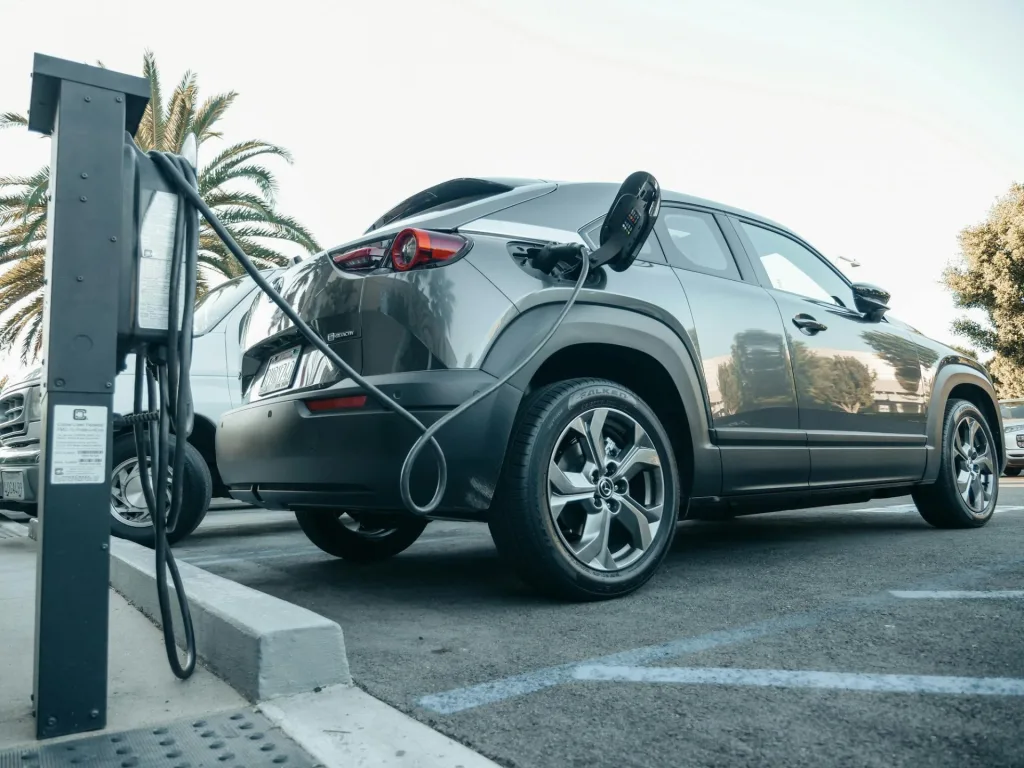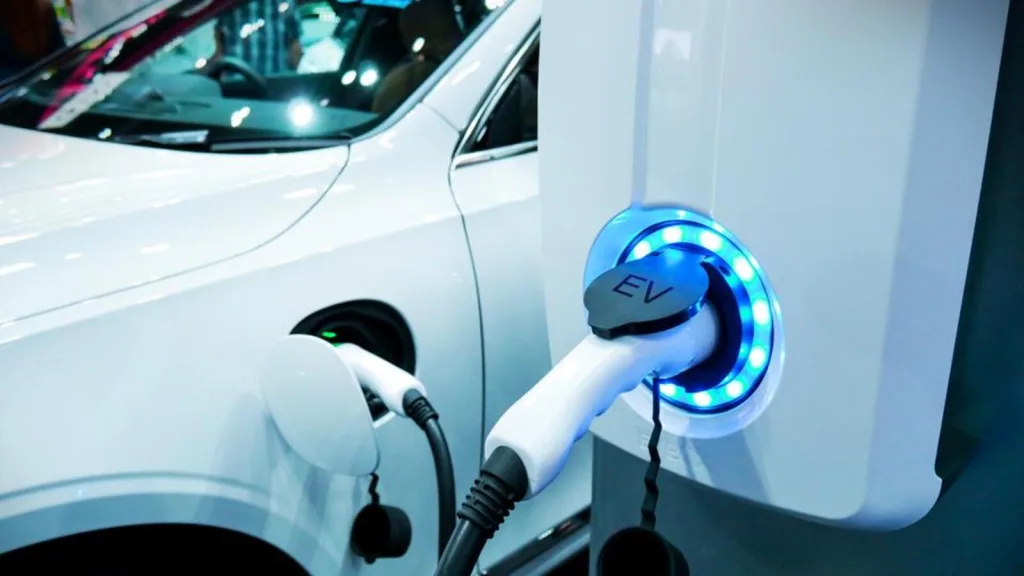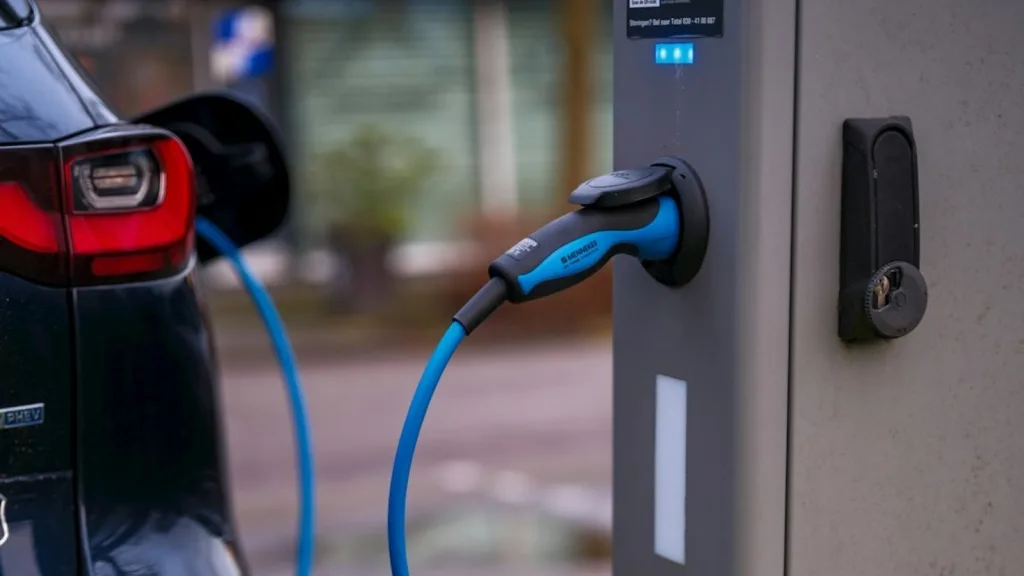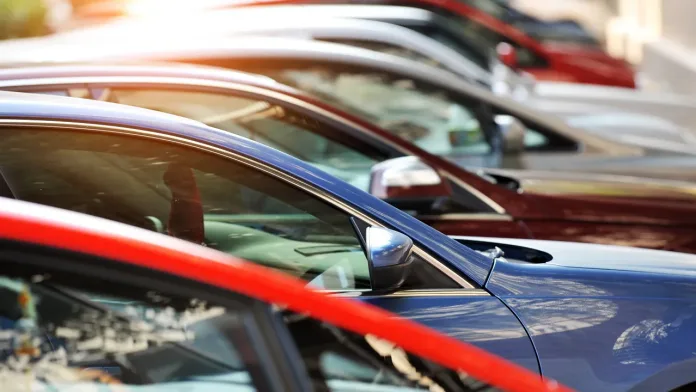In a significant move that has sent ripples through India’s electric vehicle industry, the Maharashtra government has officially withdrawn its proposed 6% tax on luxury electric vehicles priced above Rs 30 lakh. This decision, announced by Chief Minister Devendra Fadnavis, marks a crucial policy reversal that could have far-reaching implications for EV adoption in one of India’s most economically significant states.
Table of Contents
Maharashtra EV Tax Proposal: What Changed and Why

The tax proposal was initially announced by Deputy Chief Minister Ajit Pawar during his budget speech, targeting high-end electric vehicles with a price tag exceeding Rs 30 lakh. The proposal also included a 1% hike in tax on LPG and CNG vehicles. However, after careful consideration and feedback from various stakeholders, the government decided to withdraw both proposals.
Chief Minister Fadnavis explained the rationale behind this decision: “The tax would not generate significant revenue and could send the wrong signal about our commitment to electric mobility. Therefore, we will not proceed with it.”
This statement underscores the government’s prioritization of long-term environmental goals over short-term revenue generation, reflecting a growing recognition of the importance of supporting the transition to electric mobility.
Impact on Luxury EV Market in Maharashtra
The withdrawal of the proposed tax is expected to have several positive effects on the luxury EV segment in Maharashtra:
- Maintained affordability: By avoiding the additional 6% tax burden, luxury EVs will remain more accessible to potential buyers.
- Consistent policy environment: The decision provides stability in the regulatory framework, which is crucial for both consumers and manufacturers.
- Continued growth trajectory: The luxury EV segment can continue its upward trend without the dampening effect of additional taxation.
Industry experts believe this move will particularly benefit premium EV manufacturers like Tesla, Mercedes-Benz, Audi, and homegrown brands like Tata Motors and Mahindra & Mahindra, which have been expanding their electric vehicle portfolios.
Maharashtra’s EV Policy: A Broader Perspective
The tax withdrawal decision aligns with Maharashtra’s broader electric vehicle policy, which aims to accelerate EV adoption across the state. The state has been at the forefront of promoting electric mobility through various incentives and infrastructure development initiatives.
| Key Elements of Maharashtra EV Policy | Details |
|---|---|
| Purchase Incentives | Subsidies ranging from Rs 5,000 to Rs 2.5 lakh depending on vehicle type |
| Road Tax Exemption | Complete exemption for all types of electric vehicles |
| Charging Infrastructure | Subsidies for setting up charging stations and mandates for new buildings |
| Manufacturing Incentives | Special incentives for EV manufacturing units in the state |
| Target | 10% of all new vehicle registrations to be electric by 2025 |
“Maharashtra’s decision to withdraw the luxury EV tax demonstrates the state’s commitment to creating a conducive environment for electric mobility,” says Anand Kulkarni, an automotive industry analyst. “This move sends a positive signal to both consumers and manufacturers about the government’s long-term vision for sustainable transportation.”
Road Tax on EVs in Maharashtra: Current Status

With the withdrawal of the proposed luxury EV tax, it’s worth examining the current road tax structure for electric vehicles in Maharashtra. Currently, the state offers a complete exemption from road tax for all categories of electric vehicles, making it one of the most EV-friendly states in India from a taxation perspective.
This exemption represents significant savings for EV buyers compared to conventional vehicles, which are subject to road tax ranging from 8% to 20% depending on the vehicle type and cost. For luxury vehicles, this exemption can translate to savings of several lakh rupees, further enhancing the value proposition of electric vehicles.
Market Reactions and Industry Perspectives
The announcement of the tax withdrawal has been met with positive reactions from various stakeholders in the EV ecosystem:
“This is a welcome move that will help maintain the momentum in luxury EV adoption,” says Shailesh Kumar, CEO of a leading EV dealership in Mumbai. “We’ve seen increasing interest in premium electric vehicles, and any additional taxation would have slowed down this growth.”
Manufacturers have also expressed relief at the decision. A spokesperson for a major luxury car brand noted, “Consistency in policy is crucial for planning and investment. The withdrawal of the proposed tax reinforces our confidence in Maharashtra as a key market for our electric vehicle lineup.”
Consumer advocacy groups have similarly welcomed the move, emphasizing that it will help accelerate the transition to cleaner transportation options.
Future Outlook: Maharashtra Electric Vehicle Incentives
Looking ahead, the withdrawal of the luxury EV tax proposal indicates Maharashtra’s continued commitment to promoting electric mobility through favorable policies and incentives. Industry observers expect the state to further enhance its EV ecosystem through:
- Expanded charging infrastructure: More public charging stations across urban and highway locations
- Enhanced subsidies: Potential increases in purchase incentives for various EV categories
- Fleet electrification: Stronger push for electrifying public transport and government vehicles
- Manufacturing hub development: Additional incentives to attract EV manufacturing investments
These initiatives, coupled with the favorable tax environment, position Maharashtra to potentially become India’s leading state for electric vehicle adoption and manufacturing.

Conclusion: A Boost for Maharashtra Government EV Initiatives
The withdrawal of the proposed 6% tax on luxury electric vehicles represents more than just a policy reversal—it’s a reaffirmation of Maharashtra’s commitment to leading India’s transition to electric mobility. By maintaining a favorable tax environment for all segments of electric vehicles, including the luxury segment, the state government has demonstrated its understanding of the importance of consistent policies in nurturing emerging technologies and markets.
As Maharashtra continues to develop its electric vehicle ecosystem through infrastructure development, manufacturing incentives, and consumer subsidies, the decision to withdraw the luxury EV tax will likely be remembered as a significant milestone in the state’s journey toward sustainable transportation.
For potential EV buyers in Maharashtra, particularly those considering premium electric vehicles, the government’s decision provides both immediate financial benefits and the reassurance of a supportive policy environment for the foreseeable future.


